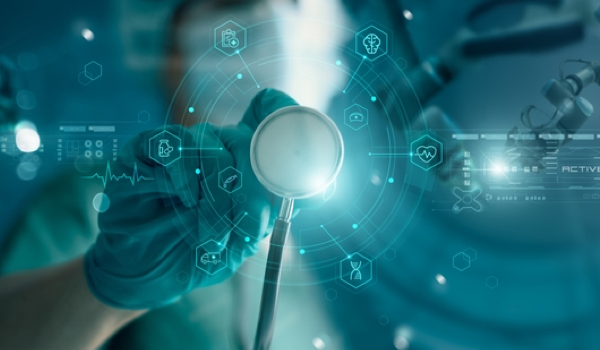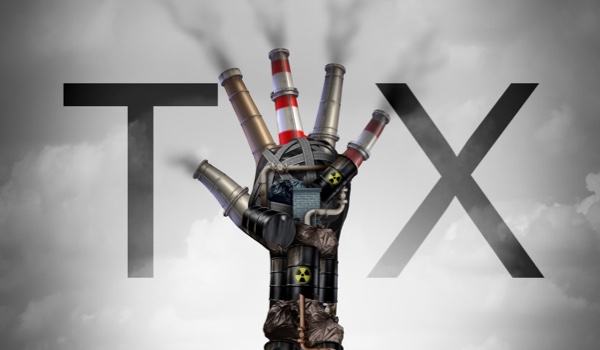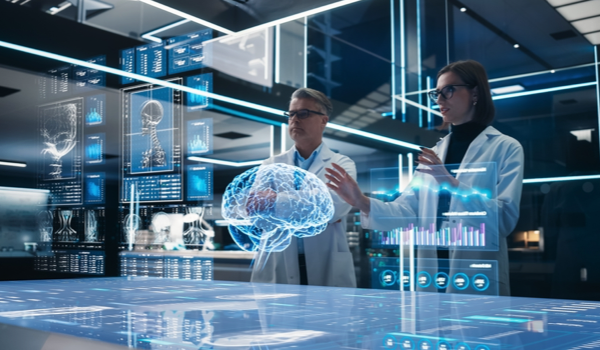


WOLFSBURG, GERMANY - Artificial intelligence (AI) has made significant strides in transforming various industries, and healthcare is no exception. From diagnosis to treatment and drug discovery, AI is revolutionizing the way people think about healthcare - and this is as true for patients as it is for medical professional. This article will explore the impact that AI has already had in healthcare, the challenges it faces, and the future possibilities it holds.
AI in diagnoses
One of the most promising - and relatively proven - applications of AI in healthcare is in the diagnosis of diseases. AI algorithms analyze large datasets of patient information, medical imaging, and lab results to identify patterns and make accurate predictions. This significantly speeds up the diagnostic process, leading to earlier detection and treatment of diseases. AI-powered algorithms can analyze medical images such as X-rays, computed tomography scans, and magnetic resonance imaging, helping radiologists detect abnormalities that would go undetected by the human eye. Zebra Medical Vision - which was acquired by Nanox Imaging - is using AI to analyze medical images and identify abnormalities with high accuracy.1 In one case study, its algorithm outperformed human radiologists in detecting breast cancer from mammograms.
Personalized treatment plans
AI also creates personalized treatment plans for patients. By analyzing vast amounts of patient data - including genetic information, medical history, and treatment outcomes - AI algorithms identify patterns and recommend the most effective treatment options. In cancer treatment, AI analyzes genetic profiles of tumors to determine
The content herein is subject to copyright by The Yuan. All rights reserved. The content of the services is owned or licensed to The Yuan. Such content from The Yuan may be shared and reprinted but must clearly identify The Yuan as its original source. Content from a third-party copyright holder identified in the copyright notice contained in such third party’s content appearing in The Yuan must likewise be clearly labeled as such. Continue with Linkedin
Continue with Linkedin
 Continue with Google
Continue with Google










 1231 views
1231 views







